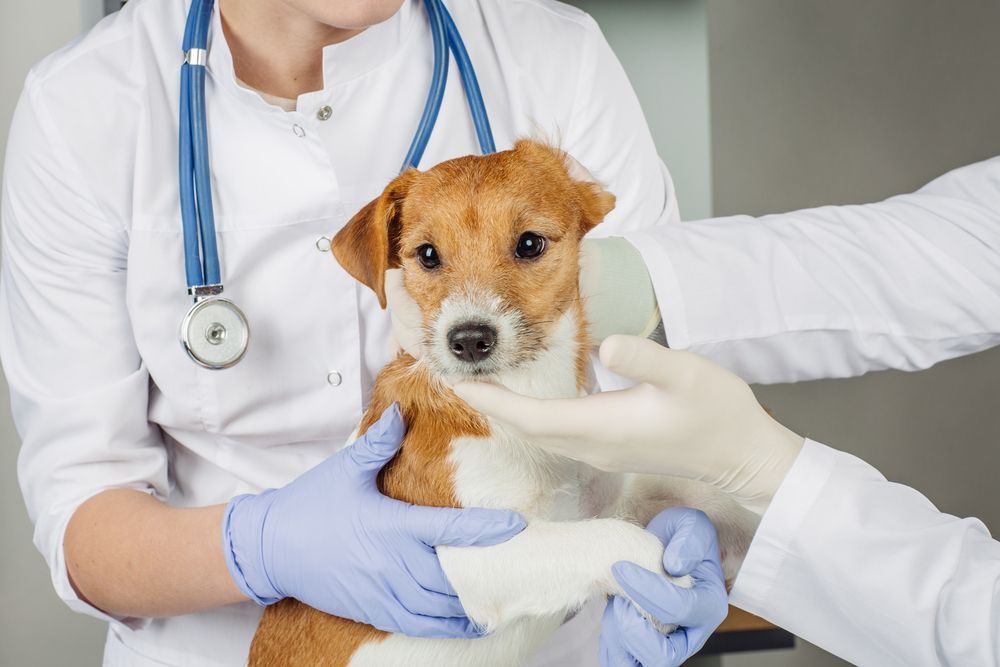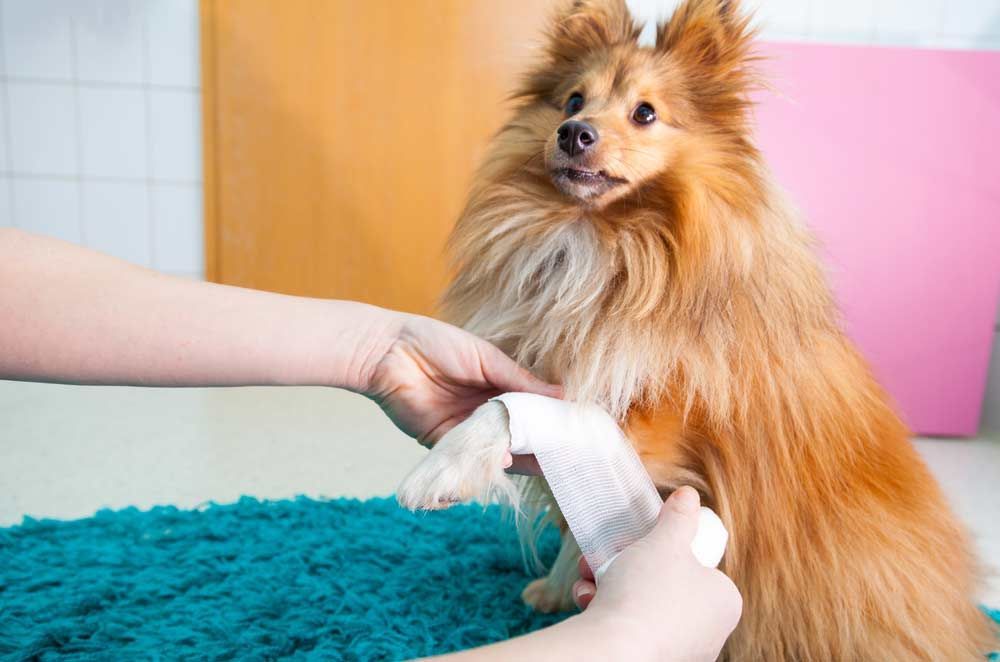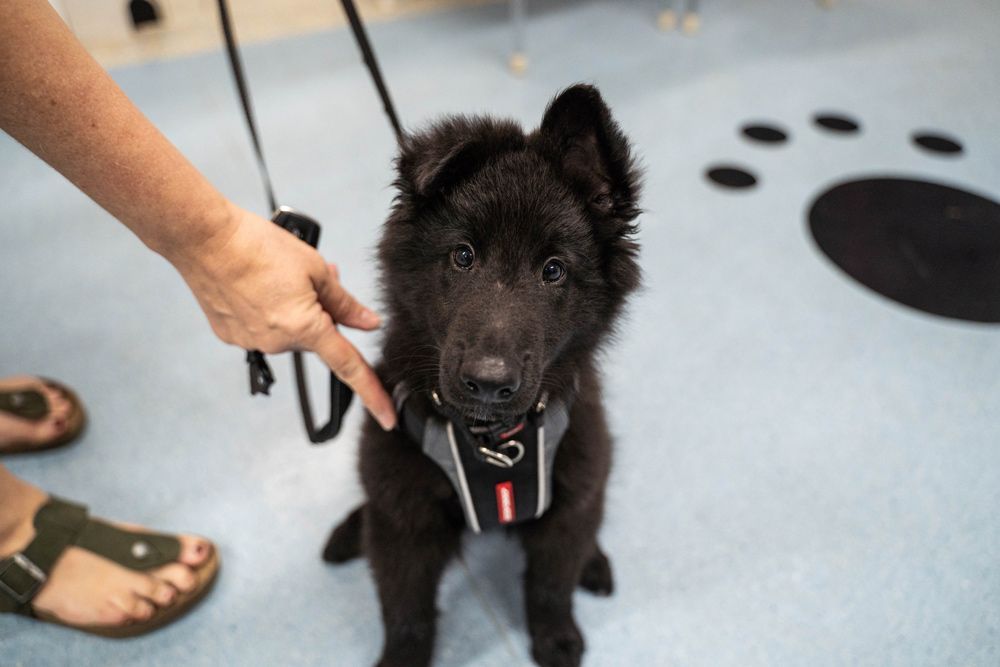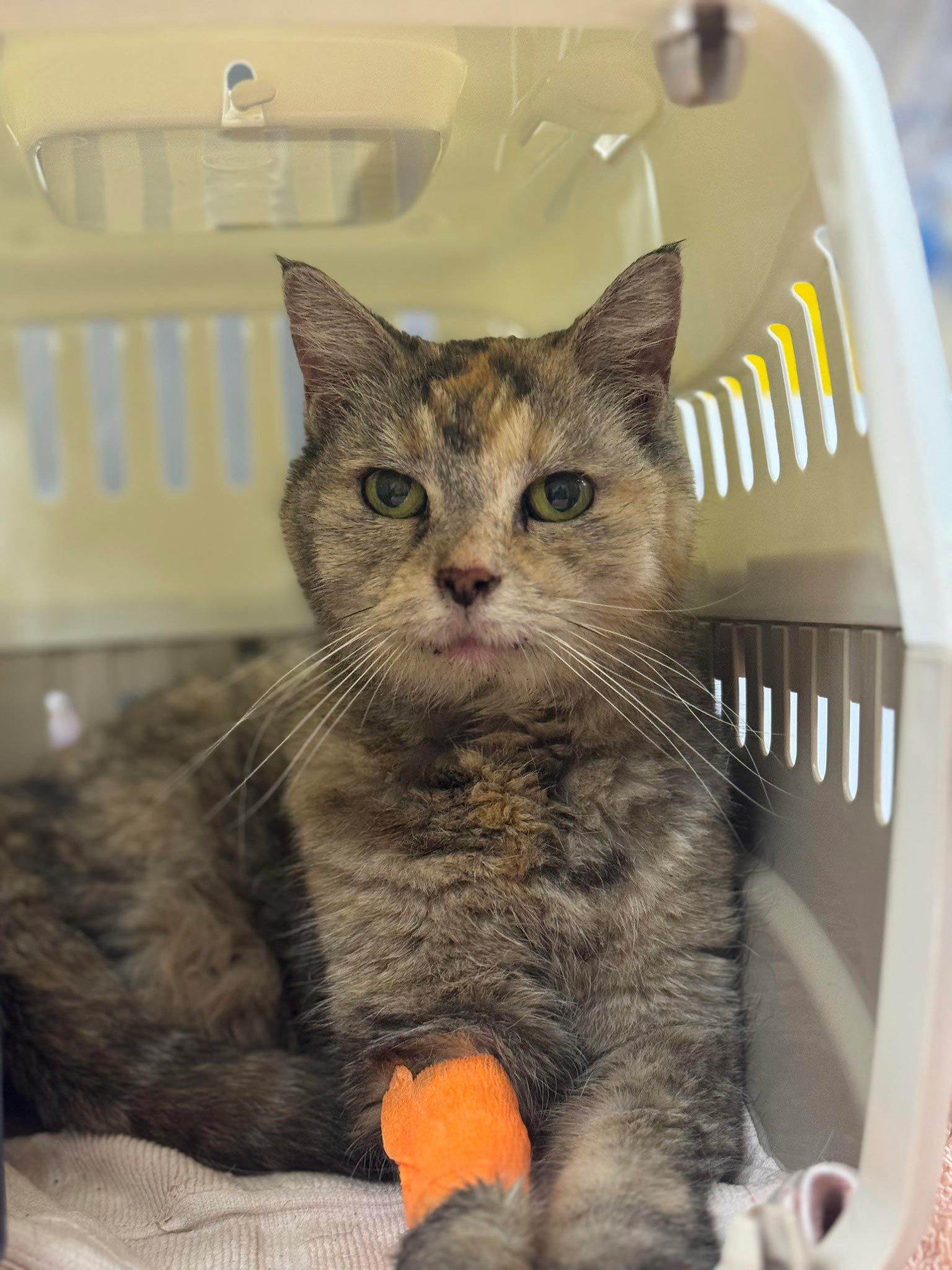8 Common Myths About Pet Vaccination
Vaccination can raise concerns, confusion, or hesitation for many pet owners. With so much information available—some reliable, some not—it can be difficult to know what to trust. Understanding how vaccinations contribute to your pet’s overall health is a key part of responsible care, particularly in environments where they may be at risk of exposure to preventable diseases. Whether you're an experienced pet owner or have recently welcomed a new companion, relying on veterinary expertise rather than common misconceptions is important.
In this blog post, we’ll address some of the most widespread myths about pet vaccination, offering a perspective grounded in professional veterinary care. From assumptions about immunity to the role of microchipping, we’ll explore what vaccination involves—and what it doesn’t.
Myth 1: My pet doesn’t go outside, so it doesn’t need vaccines.
Some pet owners believe that if their cat or dog lives mostly indoors, it is not at risk of contracting infectious diseases. While this assumption might seem logical, it overlooks several practical considerations.
- Diseases like feline calicivirus or canine parvovirus can be brought indoors via clothing, shoes, or other pets.
- Visitors, tradespeople, or wildlife that enter or pass by the home may unknowingly spread pathogens.
- Some conditions are airborne or transmitted by insects, which can reach indoor spaces.
Vaccination decisions should consider a range of lifestyle elements, not just whether a pet steps outside. Your local vet can help assess these factors and suggest a schedule based on individual exposure risk.
Myth 2: Vaccinations can cause the disease they’re meant to prevent.
This is a common concern among pet owners, especially when they’ve heard anecdotal accounts of pets becoming unwell after vaccination. However, it’s important to understand what vaccines are and how they function.
- Inactivated or modified vaccines are designed to train the immune system safely without introducing full-strength pathogens.
- Post-vaccine symptoms like mild lethargy or a low-grade fever are sometimes a normal immune response, not an infection.
- Townsville veterinary clinics follow nationally recognised protocols and only use approved vaccines.
Vaccines undergo rigorous testing and regulatory assessment in Australia before being used in any veterinary setting. If you have concerns, a vet can provide guidance tailored to your pet’s medical history.
Myth 3: Natural immunity is better than vaccination.
The idea of ‘natural’ immunity can sound appealing, but it comes with risks that may not be fully understood. Gaining immunity through exposure can mean facing serious health consequences.
- Attempting to build immunity through infection could result in long-term health effects or worse.
- Some diseases that vaccines help protect against have no guaranteed cure or straightforward treatment.
- Even if symptoms seem mild in one animal, they can be severe or fatal in another.
Vaccination offers a preventive approach that considers the well-being of your pet and the broader pet community. Vets help manage this process based on ongoing health monitoring and known risk factors.
Myth 4: Pet vaccines are only for puppies and kittens.
While young animals need vaccinations early in life, the assumption that older pets are automatically protected can lead to overlooked risks.
- Immunity from early vaccinations can diminish over time.
- Lifestyle changes—such as travel, boarding, or introducing new pets—can expose older animals to new risks.
- Booster vaccinations are typically part of an ongoing care plan reviewed during health check-ups.
It’s important to remember that each pet’s situation is unique. A qualified vet can help identify if and when boosters are recommended based on age, lifestyle and previous vaccination history.
Myth 5: Once vaccinated, pets are protected for life.
Vaccines don’t always provide lifelong immunity. Like human medicine, veterinary science recognises that immunity can wane and needs monitoring.
- Some vaccines offer protection for multiple years, while others may need annual boosters.
- Certain diseases may evolve, requiring updated vaccination formulations.
- Environmental factors and health changes can influence how long a vaccine remains effective.
Your Townsville vet may recommend a vaccination review for your pet’s annual health assessment, allowing any decisions based on current health and lifestyle.
Myth 6: Too many vaccines can overload my pet’s immune system.
Many pet owners worry about putting too much strain on their animal’s body. However, vaccine schedules are carefully planned to work with your pet’s natural ability to respond safely.
- Veterinary guidelines are developed with extensive clinical data to support vaccine intervals and combinations.
- Vets space out vaccines when needed and assess each pet individually to avoid over-vaccination.
- Monitoring for post-vaccine responses is part of standard care, especially in pets with pre-existing sensitivities.
Veterinarians are trained to balance teaching vaccination benefits and timing, helping avoid unnecessary overlap while maintaining sufficient coverage.
Myth 7: Vaccines are just a way for vets to make money.
This myth can discourage people from seeking preventive care and may reflect a misunderstanding of veterinary care. Prevention is a critical aspect of animal health management.
- Treatment for preventable diseases can often be more complex and expensive than scheduled vaccination.
- Vaccination appointments typically include broader health checks that assess weight, dental health, behaviour, and more.
- Reputable clinics prioritise evidence-based care that aligns with current veterinary standards.
Open conversations with your vet about what services are being recommended—and why—can provide reassurance and build trust.
Myth 8: Microchipping is enough to protect my pet.
Microchipping is important in pet safety, but isn’t a substitute for medical protection. These services serve very different purposes.
- Microchips assist in pet identification and recovery if an animal becomes lost.
- They don’t protect against viral, bacterial, or parasitic diseases.
- Combining microchipping and vaccination is often part of a broader responsible pet ownership strategy.
Some clinics may offer microchipping at the same time as vaccinations or wellness checks, making it more convenient for pet owners to keep track of essential care milestones.
Talk to Us About Preventive Pet Care
At Western Suburbs Veterinary Clinic, we work with pet owners to help their companions receive personalised care tailored to age, lifestyle, and health status. Our team provides clear, professional guidance to support informed decisions about vaccinations, microchipping, and overall well-being.
If you’re unsure about your pet’s vaccination schedule or have questions about preventive care, give us a call or get in touch via our contact page. We’re here to support your pet’s long-term health with thoughtful, respectful, and aligned care that meets current veterinary standards.















